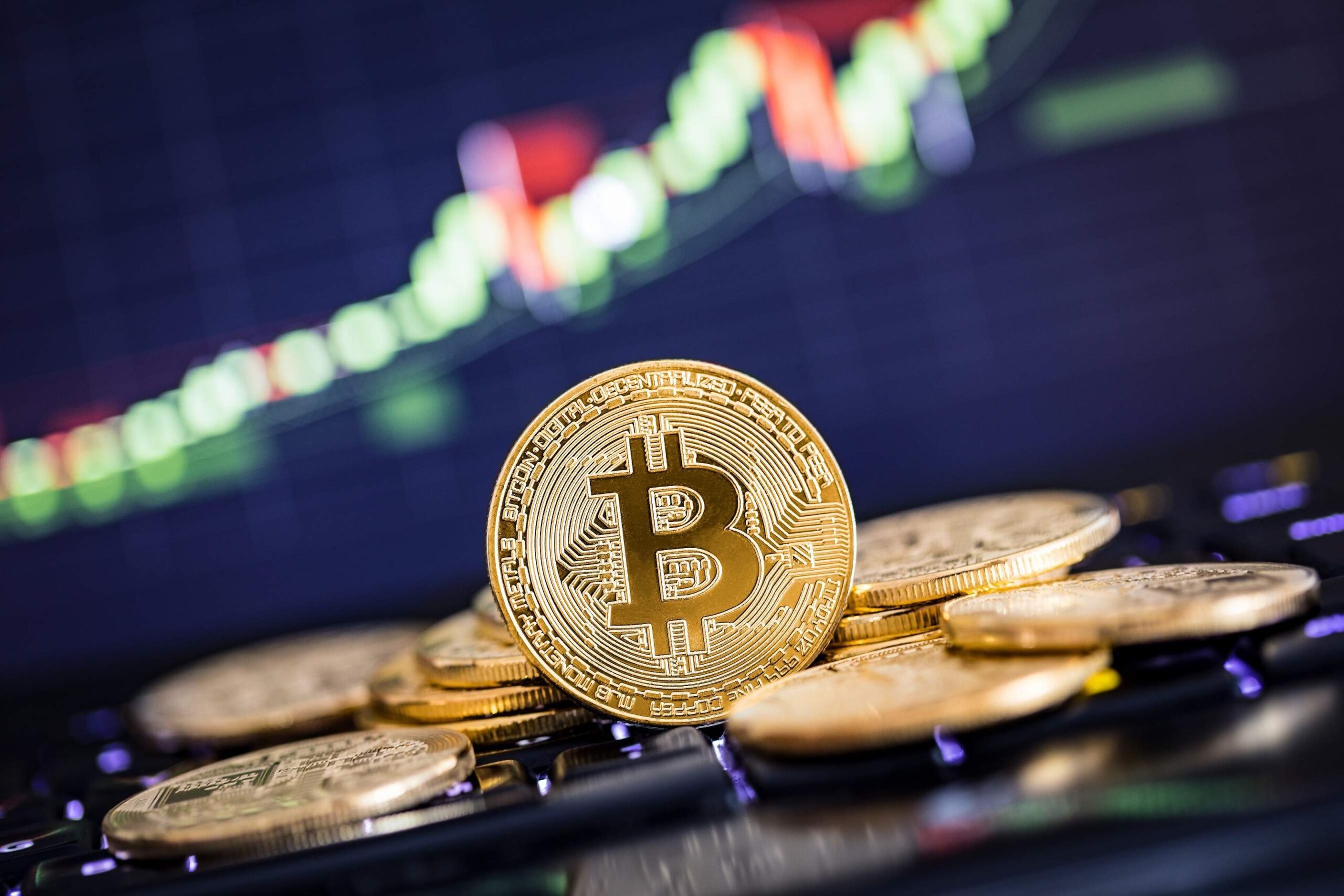
Swiss bank UBS has been trying to get its digital cash concept off the ground for a while and now it has the backing to do so.
Six international banks: Barclays, Credit Suisse, Canadian Imperial Bank of Commerce, HSBC, MUFG and State Street have joined up with UBS to develop a new digital cash system using the blockchain.
BNY Mellon, Deutsche Bank, Santander and the blockchain company Clearmatics joined the project back in 2015.
The group is going to develop the “utility settlement coin” (USC) which will be a digital cash equivalent of each of the major currencies backed by the central banks.
It will allow financial markets to make payments and settle transactions quickly, thanks to the blockchain.
Spending a USC would work the same as a spending £1 for instance in the UK, as the digital currency will be paired with the real currency.
How well do you really know your competitors?
Access the most comprehensive Company Profiles on the market, powered by GlobalData. Save hours of research. Gain competitive edge.

Thank you!
Your download email will arrive shortly
Not ready to buy yet? Download a free sample
We are confident about the unique quality of our Company Profiles. However, we want you to make the most beneficial decision for your business, so we offer a free sample that you can download by submitting the below form
By GlobalDataMore and more banks, and governments, for that matter, are coming round to the idea that the blockchain is where future payments will take place.
As a decentralised ledger, it means faster payments can take place, across borders, without fees or third-party verification. This is something Circle, the peer-to-peer payments app has taken advantage of.
Marieke Flament, Circle’s European managing director, told Verdict:
We don’t need to rely on a third-party to do currency exchange we can do that ourselves because we’ve built that capability. What we’re seeing is all assets in a way are moving towards becoming crypto-assets. You can imagine a world where everything is happening on a blockchain capability.
As well, several countries around the world are exploring incorporating digital currencies into circulation. Ecuador was the first government to introduce a state-run electronic payment system back in 2015.
Since then, Tunisia and Senegal have followed suit, whilst Sweden and Estonia are investigating the possibilities for their countries’ currencies.
UBS says it is in discussions with central banks and regulators about its USC digital currency and it could be live as early as 2018.






